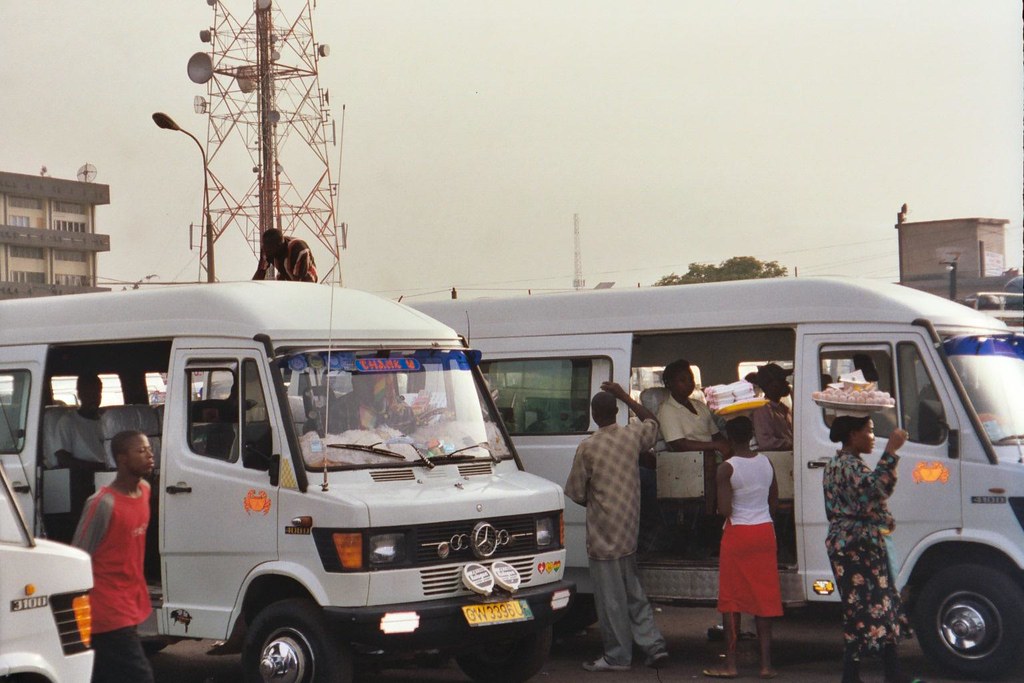Public transportation across Ghana is set to become significantly more expensive beginning Friday, August 8, 2025, as the Ghana Road Transport Coordinating Council (GRTCC) has approved a 20% increase in fares.
The announcement, made in collaboration with key transport unions, will affect every form of commercial transport—from shared taxis and trotro minibuses to long-distance coaches and haulage trucks.
According to a joint statement issued by GRTCC General Secretary Emmanuel Ohene-Yeboah and Acting National Chairman Alhaji Tanko, the decision was forced by worsening economic conditions. Transport operators cited three major triggers: skyrocketing fuel costs, unbearable maintenance expenses, and the poor state of Ghana’s road network.
Despite a temporary fare reduction introduced in May 2025, commercial drivers say they have not felt any real relief. Instead, the cost of spare parts and servicing has continued to climb, making operations increasingly unsustainable.
Adding fuel to the fire—literally—is a new GH¢1.00 per litre levy on fuel, which has raised pump prices by about 8%. The Council explained that this new fuel charge, together with deteriorating roads, has driven up maintenance costs to an unmanageable level.
Faced with these challenges, transport unions say passing part of the financial burden to passengers was unavoidable.
All drivers and commercial transport companies have been instructed to begin charging the new fares from Friday and are expected to visibly post the revised rates at lorry stations and terminals to prevent disputes.
While the GRTCC expressed sympathy with passengers and emphasized that the increase was a reluctant but necessary step, the move has sparked public frustration. With the cost of living already rising, many fear this fare adjustment will lead to further inflation in goods and services, especially those reliant on road transport.
Experts are warning of a ripple effect across the economy, and civil society groups are urging the government to urgently tackle the root causes—particularly poor roads and the recent fuel levy—before another fare review becomes inevitable.
Until then, commuters will need to dig deeper into their pockets every time they step into a trotro or taxi.
